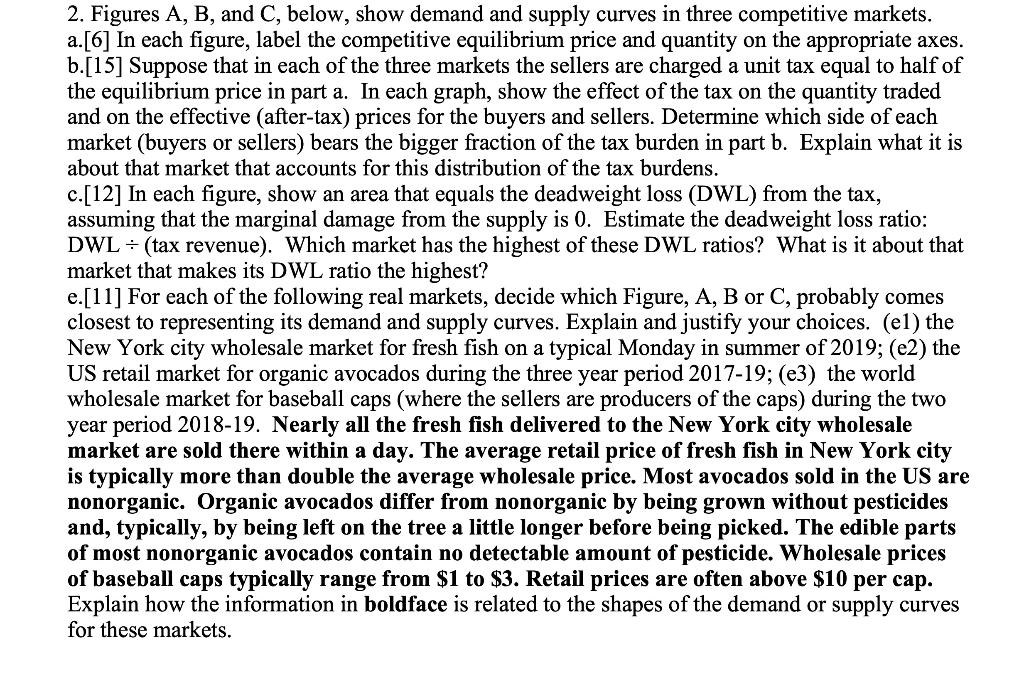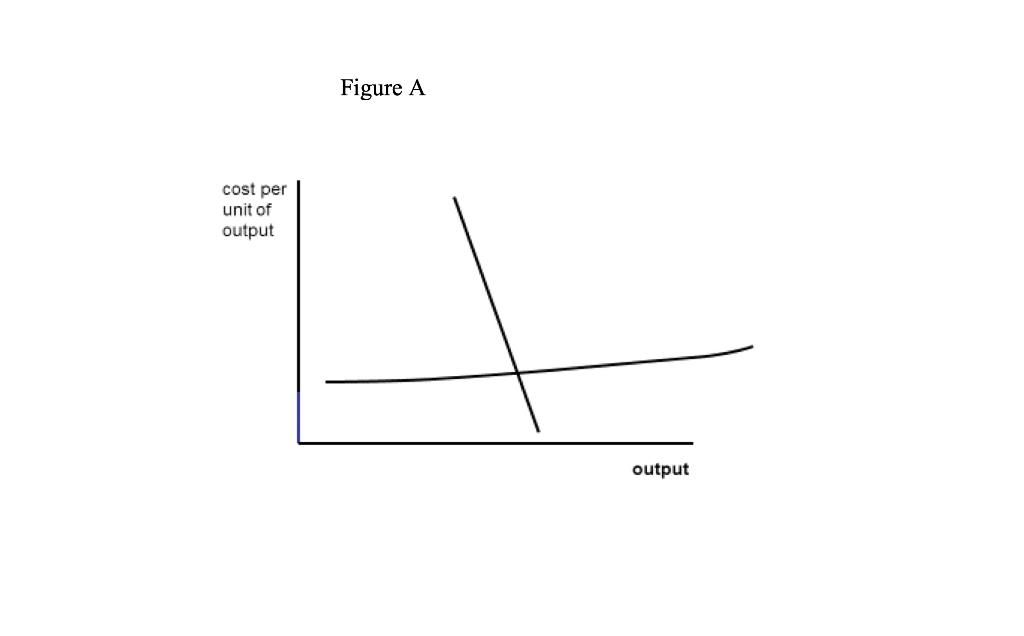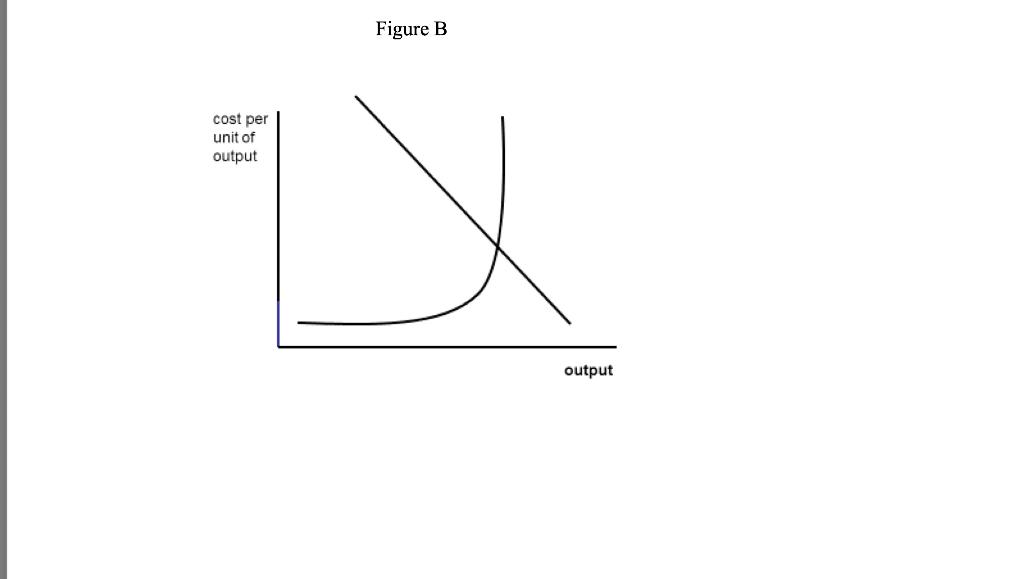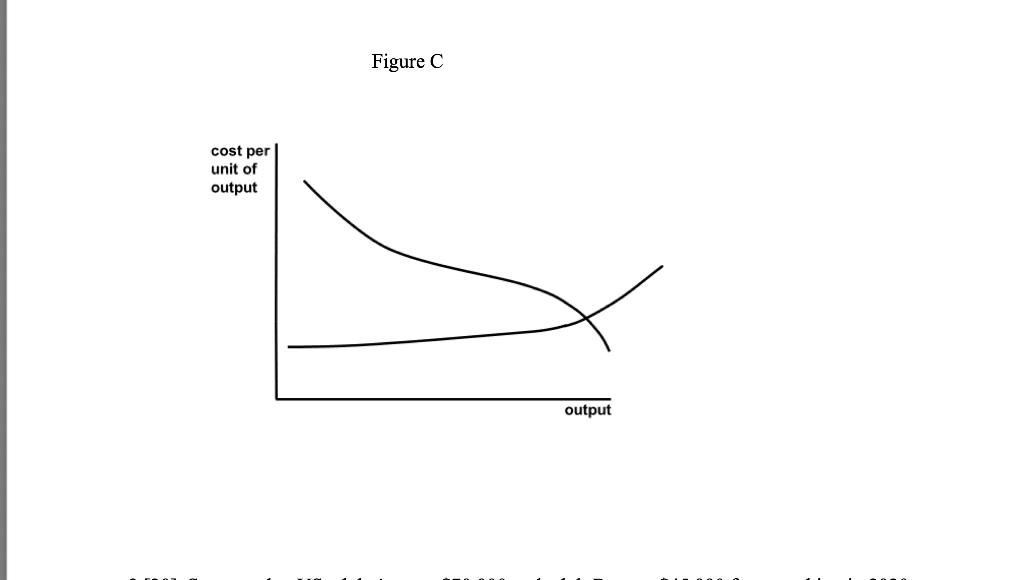



2. Figures A,B, and C, below, show demand and supply curves in three competitive markets. a.[6] In each figure, label the competitive equilibrium price and quantity on the appropriate axes. b.[15] Suppose that in each of the three markets the sellers are charged a unit tax equal to half of the equilibrium price in part a. In each graph, show the effect of the tax on the quantity traded and on the effective (after-tax) prices for the buyers and sellers. Determine which side of each market (buyers or sellers) bears the bigger fraction of the tax burden in part b. Explain what it is about that market that accounts for this distribution of the tax burdens. c.[12] In each figure, show an area that equals the deadweight loss (DWL) from the tax, assuming that the marginal damage from the supply is 0 . Estimate the deadweight loss ratio: DWL (tax revenue). Which market has the highest of these DWL ratios? What is it about that market that makes its DWL ratio the highest? e.[11] For each of the following real markets, decide which Figure, A, B or C, probably comes closest to representing its demand and supply curves. Explain and justify your choices. (e1) the New York city wholesale market for fresh fish on a typical Monday in summer of 2019; (e2) the US retail market for organic avocados during the three year period 2017-19; (e3) the world wholesale market for baseball caps (where the sellers are producers of the caps) during the two year period 2018-19. Nearly all the fresh fish delivered to the New York city wholesale market are sold there within a day. The average retail price of fresh fish in New York city is typically more than double the average wholesale price. Most avocados sold in the US are nonorganic. Organic avocados differ from nonorganic by being grown without pesticides and, typically, by being left on the tree a little longer before being picked. The edible parts of most nonorganic avocados contain no detectable amount of pesticide. Wholesale prices of baseball caps typically range from $1 to $3. Retail prices are often above $10 per cap. Explain how the information in boldface is related to the shapes of the demand or supply curves for these markets. Figure A Figure B Figure C










